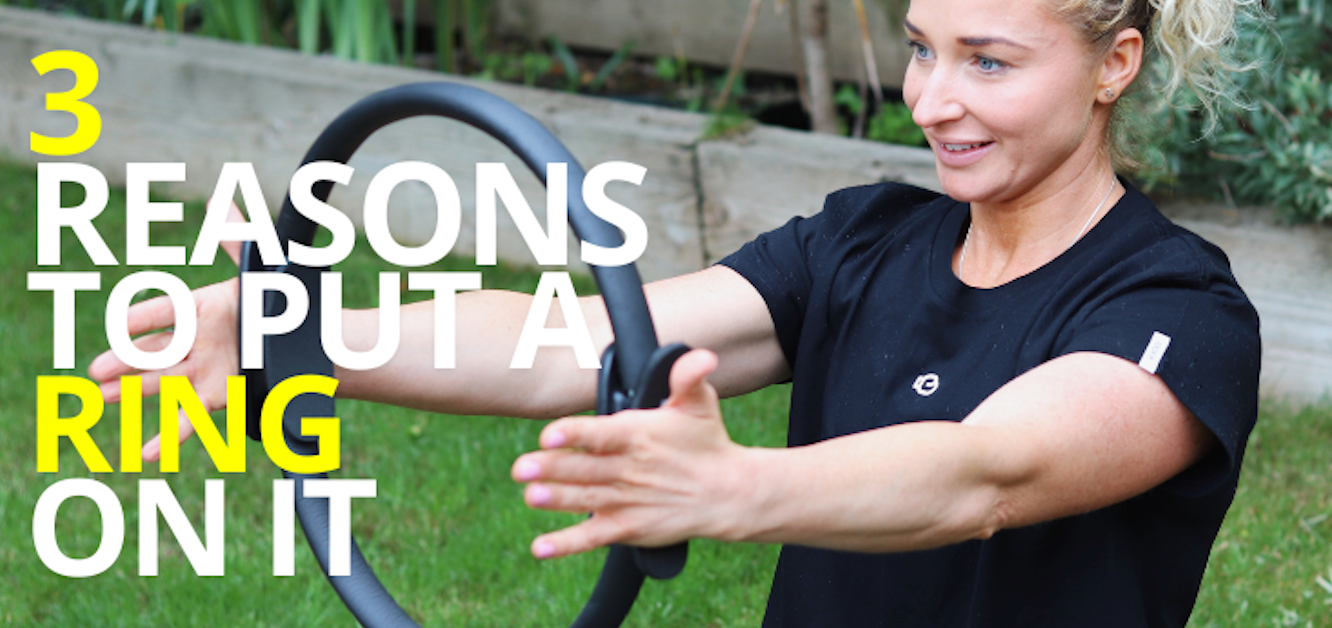Is exercising when you’re under the weather a bad idea? How sick is too sick to workout?
Chances are, if you’ve been struck down with terrible tonsillitis you’re not jumping out of bed to do that 7 minute ab workout. But if you’ve got a common cold, you might be wondering whether or not a low impact cardio workout is just the ticket to unblock your sinuses – or whether it will knock your recovery back two days.
As Dr Robert Butler said, “If exercise could be packaged in a pill, it would be the single most widely prescribed and beneficial medicine” – does that hold true during winter sickness season? We’re often told that physical activity boosts the immune system and contributes to overall well-being, but when you’re already fighting off sickness is it a bad idea to tax your body even further? Let’s find out whether exercising when you’re ill will make you worse, or if it’s the secret sauce to a speedy recovery.
Understanding the Immune System Response to Exercise
To understand the relationship between exercise and illness, first you’ve got to get to grips with how the immune system responds to physical activity. Regular, moderate exercise has been shown to enhance immune function by promoting healthy circulation, reducing inflammation, and supporting the efficient movement of immune cells throughout the body. This is one reason why exercise is often recommended as a preventive measure against illness.
However, the immune response to intense or prolonged exercise is a different story. Intensive workouts can temporarily suppress the immune system, creating a brief window of vulnerability. This is why athletes often experience an increased susceptibility to infections during periods of heavy training.
Light Hustle: Breaking a Sweat with Mild Symptoms
When dealing with mild symptoms, such as a runny nose, sneezing, or a slight sore throat, engaging in moderate exercise might not be detrimental and could even be beneficial. Low to moderate-intensity activities like walking the dogs, yoga, or light jogging can help improve circulation, elevate mood, and potentially alleviate some symptoms.
The key – as always – is to listen to your body. If you feel up to it and your symptoms are mild, engaging in physical activity may not only be safe but might also have a positive impact on your well-being. However, it’s crucial to stay even more hydrated than usual (try adding a sprinkle of salt to your workout water) and to consciously keep your effort lower than usual. This might mean keeping an eye on your heart rate monitor to make sure you’re taking it easy, or doing a 15 minute workout rather than your usual 30.
Feeling the Fever: Exercising with Moderate to Severe Symptoms
As my old rowing coach used to say during the winter cold season, “If it’s above the neck, come to training, if it’s below the neck, stay in bed.” When dealing with more severe “below the neck” symptoms such as fever, body aches, chest congestion, or fatigue, it’s generally advisable to give your body the rest it needs. Intense exercise can exacerbate these symptoms and potentially prolong the duration of your illness. We talk a lot about how to escape the ‘all or nothing’ mindset – this doesn’t mean you’re stopping, it’s just a sign to press the pause button.
During a viral or bacterial infection, the body is already under stress, and intense physical activity can divert resources away from the immune system, hindering the body’s ability to fight off the illness effectively. What’s more, pushing yourself too hard during illness may lead to complications such as dehydration or worsening respiratory issues.
Navigating Exercise Choices Across Health Spectrums
The type of illness also plays a role in whether exercising is advisable. For example, respiratory infections like the flu or a cold can be worsened by vigorous exercise, as it may strain the respiratory system further. In contrast, illnesses that primarily affect other systems, such as a stomach bug, may not be as adversely impacted by moderate physical activity. (For individuals with chronic conditions like asthma or heart disease, it’s especially important to consult with a healthcare professional before engaging in any exercise while ill.)
The Importance of Rest
Rest is a crucial component of the body’s natural healing process. When you’re ill, your body needs energy to fight off the infection or illness, and adequate rest allows it to redirect resources toward recovery. Pushing through a workout when your body is signalling that it needs a lie down can undermine this process and potentially prolong your illness. A cold might be your body’s way of signalling to hit snooze and take a day off the early morning HIIT session.
Recovery-Focused Activities
Just because you’re ill that doesn’t mean you have to lie in bed all day. While intense exercise might be off the table during illness, there are tons of recovery-focused activities that can support your well-being without straining your body.
Gentle stretching
Incorporating light stretching can help alleviate muscle tension and promote flexibility without putting excessive strain on the body.
Breathing exercises
Practices such as deep breathing or gentle yoga can aid in maintaining respiratory function and reducing stress without overtaxing the body.
Liquid lunch
Staying adequately hydrated is crucial during illness. Water, herbal teas, and clear broths can support hydration without the need for strenuous physical activity.
Hitting Snooze
Quality sleep is a cornerstone of recovery. Ensure you’re getting enough restorative sleep to support your body’s healing processes.
Visualisation
Exercise psychology isn’t just for athletes – we know that mindset is even more important than mileage when it comes to building a healthy relationship with exercise. Take this time out as a chance to reflect on why you exercise, what your goals and and to mentally visualise yourself back at the punch bag once you’re feeling stronger.
TLDR
At the end of the day only you know whether you’re feeling well enough to exercise – but whatever you do don’t go to the gym, keep those germs at home. Winter cold season is exactly what our at home workouts were made for! If in doubt, listen to your body, speak kindly to yourself and remember to always give yourself grace.







